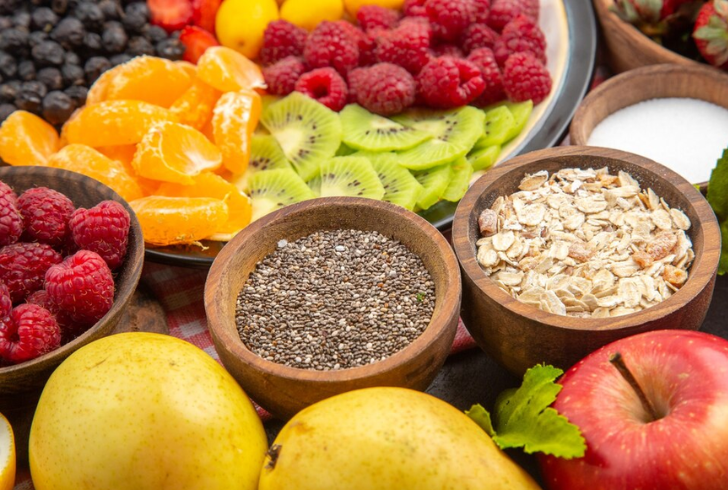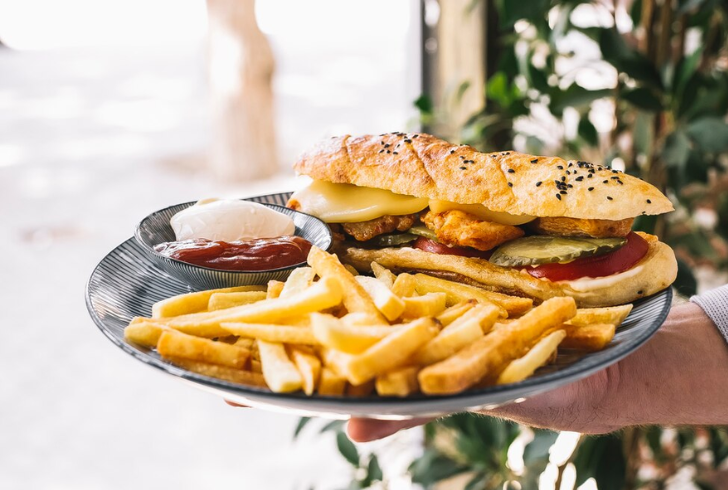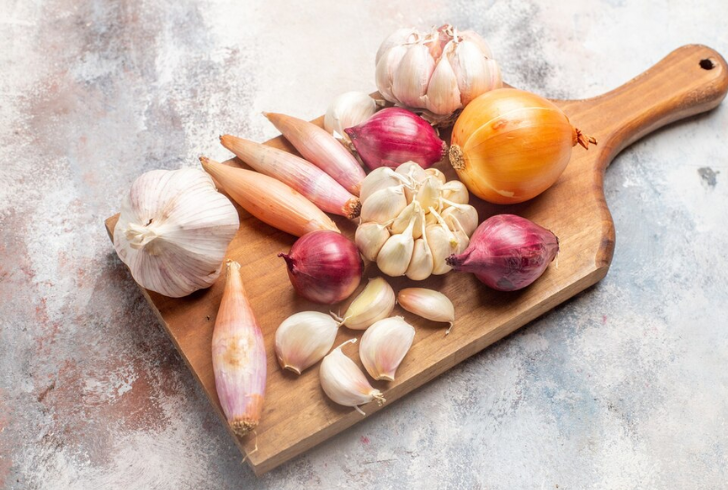Our gut plays a pivotal role in our overall well-being. Harboring a diverse community of microorganisms, it acts as a gatekeeper, influencing everything from digestion to immunity. To nurture this delicate balance, it’s essential to fuel our bodies with the right foods that promote a thriving gut microbiome. In this comprehensive guide, we’ll explore the best and worst foods for gut health, empowering you to make informed choices for a happier, healthier gut.
Best & Worst Foods for a Happy Digestive System
Best Foods for a Balanced Microbiome
1. Fiber-Rich Foods

Fiber is the unsung hero when it comes to gut health. It acts as a prebiotic, providing nourishment for the beneficial bacteria residing in our gut. Whole grains, fruits, vegetables, nuts, seeds, and legumes are excellent sources of fiber. Incorporating a diverse array of these foods into your diet can promote a thriving and balanced gut microbiome.
2. Fermented Foods
These time-honored culinary delights offer a treasure trove of probiotics – the live microorganisms that contribute to a healthy gut. Yogurt (with active cultures), kefir, sauerkraut, kimchi, miso, and kombucha are just a few examples of fermented foods that can introduce beneficial bacteria into your digestive system.
3. Polyphenol-Rich Foods
Polyphenols are plant-based compounds that resist digestion and reach the colon intact. Once there, they nourish the beneficial gut microbes, potentially promoting their growth and inhibiting harmful bacteria. Berries, dark chocolate, green tea, and spices like turmeric and ginger are excellent sources of these powerful compounds.
4. Omega-3 Fatty Acids
These essential fats have been shown to possess gut-friendly properties. Found in fatty fish like salmon, mackerel, and sardines, as well as in seeds like chia and flaxseeds, omega-3s may help strengthen the gut lining, reduce inflammation, and restore a balanced microbiome.
Foods to Limit for a Happy Gut

While certain foods nourish our gut, others can wreak havoc on this delicate ecosystem. Here are some of the worst offenders:
1. Ultra-Processed Foods
These highly refined and heavily processed foods often contain additives, artificial sweeteners, and unhealthy fats that can disrupt the balance of our gut microbiome. Deli meats, chips, sweetened cereals, and packaged snacks fall into this category, making them best avoided or consumed in moderation.
2. Fried and Greasy Foods
Greasy, fried foods can be challenging for our digestive system to break down, leading to inflammation and potential imbalances in our gut microbes. Deep-fried foods like french fries, fried chicken, and doughnuts should be limited for optimal gut health.
3. Artificial Sweeteners
While more research is needed, some studies suggest that artificial sweeteners like aspartame, sucralose, and saccharin may negatively impact the diversity and balance of our gut microbiome. It’s best to opt for natural sweeteners or reduce overall sugar intake.
The Prebiotic and Probiotic Power Duo

While probiotics have gained widespread recognition for their gut-friendly benefits, prebiotics often fly under the radar. These indigestible fibers act as fuel for the beneficial bacteria in our gut, allowing them to thrive and multiply.
Foods such as garlic, onions, bananas, asparagus, and whole grains are excellent sources of prebiotics. By incorporating these foods into your diet, you can create an environment conducive to the growth and proliferation of beneficial gut microbes.
In addition to consuming prebiotic-rich foods, incorporating probiotic-rich fermented foods like yogurt, kefir, and sauerkraut can introduce a wide variety of beneficial bacteria into your gut. For those seeking an extra boost, high-quality probiotic supplements can be a useful addition, but it’s essential to consult with a healthcare professional before incorporating them into your routine.
Striking the Perfect Balance
Every individual’s gut is unique, and what works for one person may not work for another. It’s essential to listen to your body, pay attention to how different foods make you feel, and make adjustments accordingly.
Embracing a gut-friendly diet is not just about fostering a healthy digestive system; it’s about nurturing your overall well-being from the inside out. By nourishing your gut with the best and worst foods for gut health, you’re taking a proactive step towards a healthier, happier, and more balanced life.




